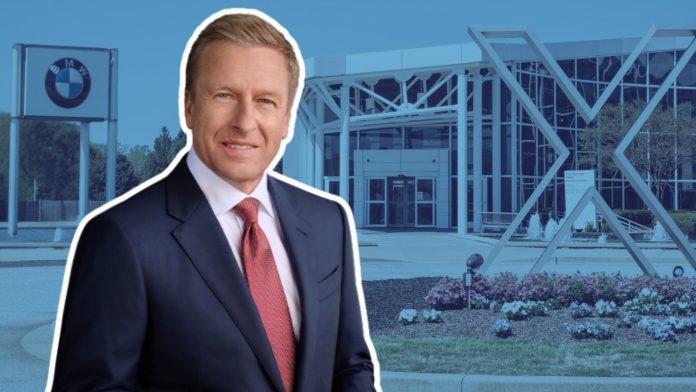BMW is considering adding shifts at its Spartanburg, South Carolina plant to increase annual production by as much as 80,000 units, executives said during an analyst call Thursday.
This move is part of a broader strategy by the German automaker to strengthen U.S. operations and mitigate the impact of escalating trade tensions under President Donald Trump’s administration.
The Spartanburg facility—BMW’s largest worldwide—already exports roughly half of its production and operates within a free-trade zone, meaning imported parts used for export-bound vehicles are exempt from tariffs. This status offers BMW some insulation from rising costs linked to the White House’s auto trade policies.
During the call, held ahead of the company’s earnings blackout period before its May 7 annual results, BMW executives said they would maintain current U.S. pricing on most models through the end of May. U.S. inventory levels stood at approximately 30 days, and the company reported adequate stock of vehicles and components.
According to a note on the analyst call Thursday, shared by Bernstein Research and confirmed by BMW, it highlights the automaker’s attempts to maintain price stability and secure its U.S. footprint amid uncertainty over trade policies.
Carmakers across the globe are adjusting production strategies to reduce exposure to tariffs and maintain competitiveness in the vital American market.




